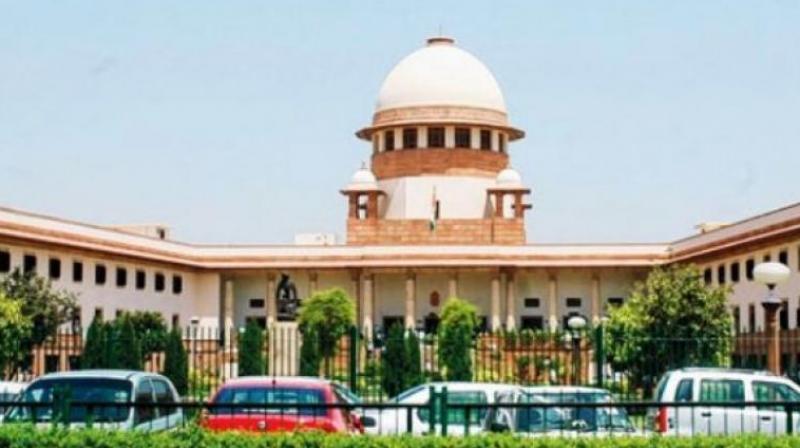Hyderabad: Law can't violate fundamental rights

Hyderabad: Reaffirming that the Supreme Court had the power to intervene whenever it noticed the infringement of fundamental rights of citizens, senior lawyer of the Supreme Court Sarasani Satyam Reddy explained that the Constitution of India by Article 13(2) enjoined the state not to make any law which takes away or abridges the Fundamental Rights.
He said that the Supreme Court was the final authority to decide whether a law had taken away or curtailed the Fundamental Rights and what would be the limits of these rights.
He said that the apex court was also the ultimate authority to decide whether a law imposed unreasonable restriction on the enjoyment of the Right to Freedom guaranteed under Article 19 of the Constitution and also rights under Part 3 of the Constitution.
Referring to the interventions of the apex court in the incidents of stone pelting in Kashmir, mob lynching in various parts of the country and vandalism by Kanwariyas in New Delhi and also the intervention of the Madras High Court in police firing at Thoothukudi in Tamil Nadu, the senior counsel said that it would certainly provide some hope of getting justice to the victims.
Explaining that mob violence or obstacles created by agitators amounted to the infringement of the Right to Life which was guaranteed under Article 21, he said, “it is the primary duty of the state government to maintain law and order and the Centre also has the responsibility to monitor the situation and issue advice and alerts to the state governments according to the situations.”
He also explained that there were ample provisions in the CrPC, IPC and also other special enactments to keep vigil, take preventive measures including the preventive detention of trouble makers and to avert a mob from gathering.
He felt that if the law enforcing agencies followed the provisions systematically and if the rulers adopted a pragmatic approach, it would not be difficult to minimize such incidents if not completely control them.

